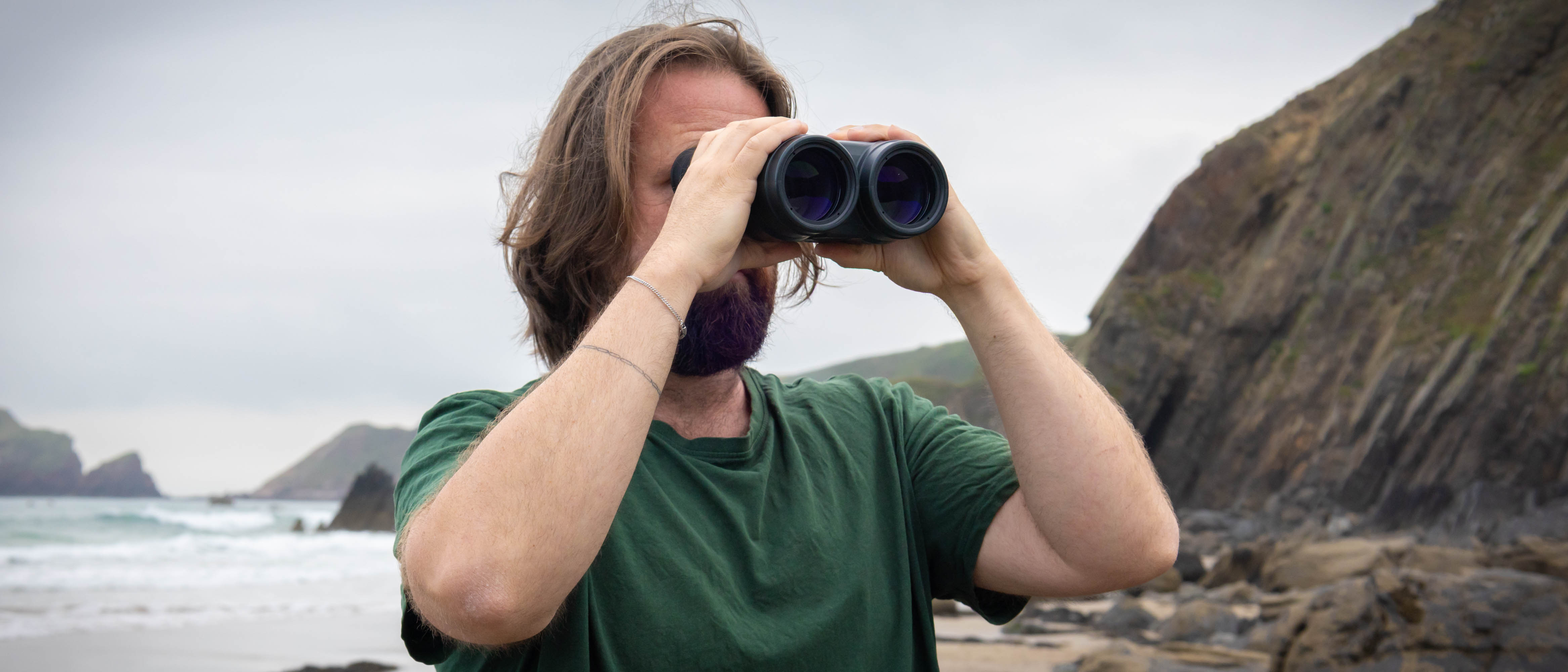
Bad Omen? Psychic Sues Over Fortunetelling Ban

A Virginia psychic is in federal court this week challenging what she claims is a violation of her First Amendment rights.
Patricia King, who runs a fortunetelling business under the name "Psychic Sophie" in Chesterfield County's Chesterfield Town Center, is arguing that the county zoning and licensing regulations violate her constitutional rights to free exercise of religion, speech and equal protection.
The zoning laws in question prohibit fortunetelling in strip malls such as the Chesterfield Town Center.
There is some precedent for upholding challenges to fortunetelling laws on the basis of free speech. Earlier this year, a federal judge in Louisiana overturned a law banning fortunetelling on the basis that it is protected by the First Amendment. U.S. District Judge Dee Drell struck down an ordinance outlawing fortunetelling, astrology and palm reading on the grounds that the practices are fraudulent and inherently deceptive.
Even though there is no scientific evidence that psychics give their clients valid information, they cannot be legally prohibited from operating a business. If a doctor, lawyer, or investment banker gives false information to his or her clients, they can be sued or charged with malpractice or fraud. In order to avoid problems with the law for giving false and misleading information to clients, many psychics claim that their services are "for entertainment only." [Supernatural Powers? Tales of 10 Historical Predictions]
Patricia King's case, however, is different. Lawyers for the city point out that King is not prohibited from operating as a psychic; the issue is not King's free speech but instead where she chose to open her business. City zoning and licensing ordinances do not allow fortunetelling in strip malls and professional office complexes, but they are permitted elsewhere in the area.
The First Amendment does not guarantee a person the right to operate a business anywhere they wish regardless of local zoning laws. For example, an adult video store or liquor store cannot necessarily open right next to a school or a church.
Get the world’s most fascinating discoveries delivered straight to your inbox.
Three judges on the Fourth U.S. Circuit Court of Appeals in Richmond began hearing the case on Tuesday (Dec. 4). This is not King's first time in court; U.S. District Judge John Gibney previously ruled against her, stating the city's business zoning regulations were reasonable and that King's fortunetelling business was "deceptive."
About 1 in 7 Americans have consulted a psychic at some point, and despite the fact that psychic powers have never been proven to exist, their services remain in high demand.
Benjamin Radford is deputy editor of Skeptical Inquirer science magazine and author of six books including Scientific Paranormal Investigation: How to Solve Unexplained Mysteries. His website is www.BenjaminRadford.com.

 Live Science Plus
Live Science Plus





